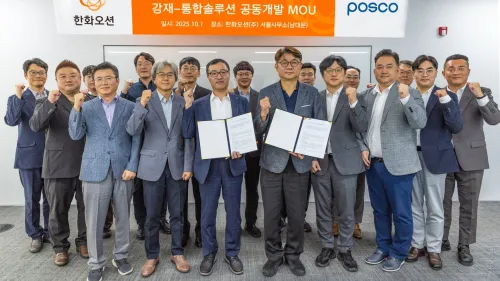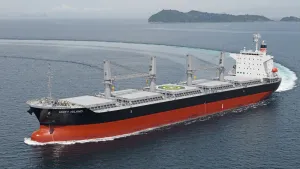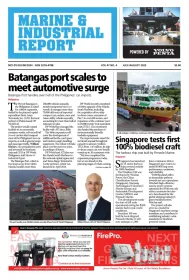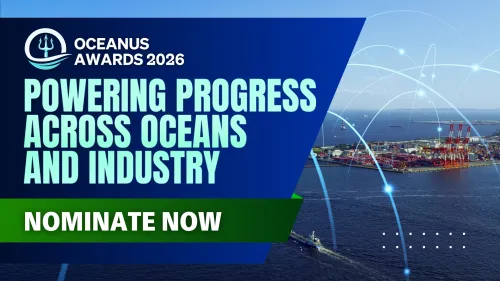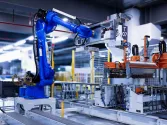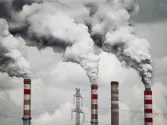Rolls-Royce presents its contribution presents its contribution to energy transition at the APAC Marine Summit 2023
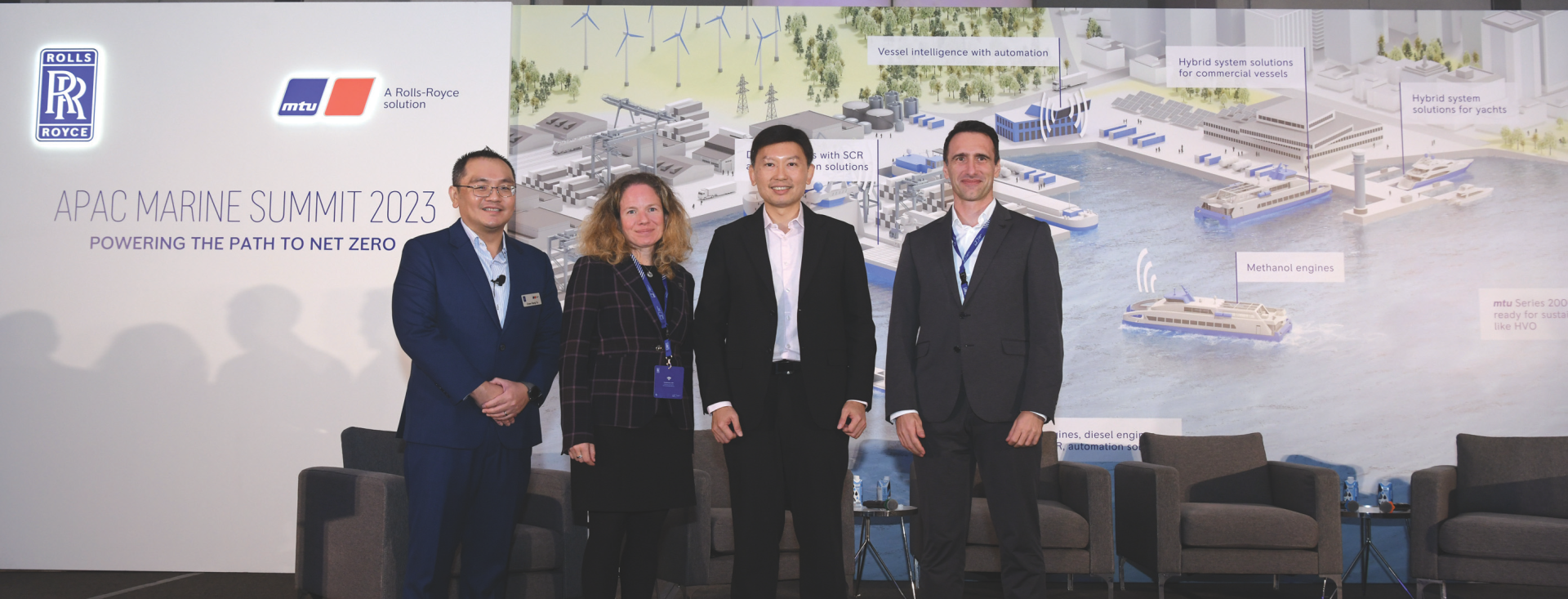
Rolls-Royce business unit Power Systems held its fifth APAC Marine Summit 2023 with energy transition as the leading topic on 5 July 2023. The Summit saw a total of over 200 attendees from the marine industry in attendance at the Singapore Marriott Tang Plaza Hotel.
Key industry experts spoke about the road towards energy transition. They included those from government agencies and the maritime, finance and oil and gas sectors, who shared about the different pathways and the necessary nurturing conditions for achieving carbon neutrality. This was followed by a panel discussion. Closing off the event was Guest of Honor, Singapore’s Senior Minister of State for Finance and Transport, Chee Hong Tat.
“Rolls-Royce has always pursued clean, safe, and competitive solutions to deliver society’s vital power needs. To meet the demands of a growing, more connected society, we are determined to use our position as a leading industrial technology company to play a significant role in the energy transition,” said Giovanni Spadaro, President, Global Markets and Managing Director, Rolls-Royce Solutions Asia.
Commitment to Energy Transition
In its continued commitment to energy transition and in line with the Singapore Government’s aim of decarbonization, including having all new harbour craft operating in its port waters be fully electric and compatible with sustainable fuels by 2030, Rolls-Royce Business Unit Power Systems is undertaking several initiatives.
Denise Kurtulus, VP Global Marine, Rolls-Royce Power Systems, gave a presentation which touched on how Rolls-Royce Business Unit Power Systems is committed to the energy transition. She also updated that combustion engines will remain important technology from now till 2050, and how e-methanol plays an important role in the marine markets.
She said: “All the signs are pointing towards hybridization and adoption of sustainable fuels like HVO (hydrotreated vegetable oil). Currently a hybrid propulsion system still consists of a diesel engine, a power generation, and batteries. We want to gradually replace the components with more eco and climate friendly alternatives.”
A key component of this is the adoption of sustainable fuels to Rolls-Royce’s mtu Series 2000 and 4000, Series 1000-1500, and 1600 engines are ready to be run on sustainable fuels such as HVO, a fuel made from used vegetable oil and waste from the food industry with characteristics similar to fossil diesel.
E-methanol is also another focus of Rolls-Royce’s developmental efforts for its mtu engines as it provides an already available sustainable option that is biodegradable and safe to handle, for harbour craft and the high-speed segment including the offshore wind and service & supply market.
ICE (Internal Combustion Engine) technology will remain key efficient energy convertor for the foreseeable future. In making ICEs more efficient with higher power per cylinder, they will emit less particulate matter and become more fuel efficient while meeting latest IMO requirements. “Unlike large transportation vessels, harbour, passenger transportation and nearshore / offshore vessels require a dedicated proposition for the energy transition. Rolls-Royce is here to partner our customers and power for the energy transition,” said Chew Xiang Yu, Director, Marine APAC, Rolls-Royce Power Systems.
As it continues its energy transition efforts in the contribution to the energy transition, Rolls-Royce Business Unit Power Systems is developing solutions to support a more sustainable future in the industry.
Along with developing new-age engine technology, Rolls-Royce Business Unit Power Systems is also leveraging data-driven solutions such as mtu NautIQ Foresight and Lifecycle Services (Predictive & Data-driven maintenance) to provide actionable insights to customers.
This article was originally published on Marine & Industrial Report newspaper Vol 45 No.4 Issue last August 31, 2023.
